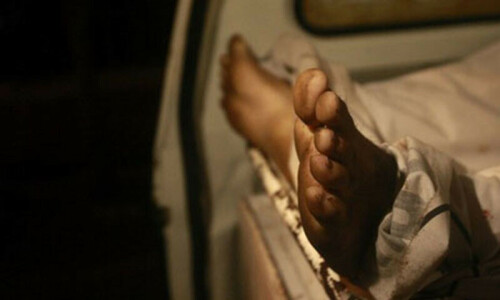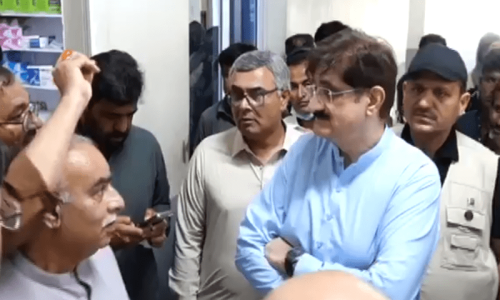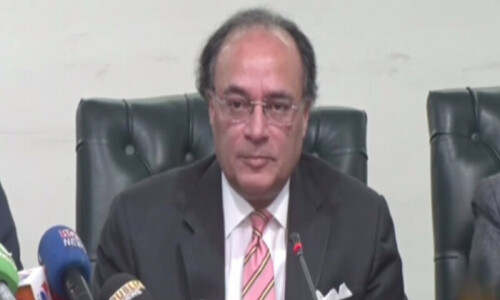Muhammad Afzal Ahsan Randhawa (a Bhatti Rajput) was born in Amritsar on Sept 1, 1937. After doing graduation from Murray College (Sialkot), he got admission to the Punjab University Law College.
There were many facets of his personality. He was a poet, short story writer, novelist, translator and a politician with a left leaning. Although he was known as a Punjabi writer all over Pakistan and India but the irony of history is that he shot to fame when he contested the election against the sister of rebel Mukhtar Rana, the PPP MNA who was deseated by his own party after being convicted by martial law court. It attracted opposition from all over Pakistan.
Randhawa, as a student, used to be published in Imroze and Lail-o-Nehar.
His first novel, Diva Tay Darya, (written in just 20 days) was the first book by a Pakistani to be published in India. The novel was also awarded prestigious ‘Adamji Award’ which he refused to accept in protest against shoddy treatment meted out to Punjabi writers by ‘Pakistan Writers Guild’. His first collection of Punjabi short stories ‘Run Talwar Tey Ghora’ created a stir in Punjabi circles. He took twenty years to write his second novel ‘Doaba’.
Randhawa was a great crusader of Punjabi but he was not a romantic he would say ‘why should anybody want to learn a language unless it can ensure him his livelihood’.
His epic poem, ‘Chekarli Cheekh (Last Cry) was described by himself as “death cry of Punjab’. It was an SOS of the Punjabi which was drowning and seeking help from somebody, anybody, the world community at large. This poem stands for Punjabi nationalism and the dying Punjabi culture”. He introduced a new diction in Punjabi fiction, His novel ‘Suraj Grehan’ is an exchange of letters between two lovers.
Randhawa paid the price for his political commitment during the martial law of Gen Zia. He was disqualified by ‘Kangroo military courts’ ‘for living beyond his means’ for seven years. He was also detained by military rulers. He arranged the last visit of Faiz Sahib to his native village and spent last days with him.
When I was student of school and we used to sit on the rooftop of ‘Irum Hotel’ in the early 1960s, a friend pointed out ‘this tall, smart and slim man who is keeping his arm in his pocket is a Punjabi poet Afzal Randhawa’.
He spent a nice, simple life. He lived with his wife Ayesha Randhawa in a small house given to her by University of Agriculture or in a rented house.
It is pertinent to mention that Ayesha Randhwa was one of the few Lyallpuri women who went to Lahore to do her Masters. She was a faculty member of the University of Agriculture. They had a love marriage.
The biggest tragedy which broke Randhawa’s back was the untimely death of his only son, Khurrum, and later on death of his wife.
For the last many years it was daily routine of Randhwa to spend a few hours in a particular room of the District Bar on a particular chair, counting rosary beads.
Randhawa was a great believer in Sufism. About two/three days ago, he visited the graves of his son and wife and posted it on facebook. He would post his old poetry on facebook.
Aitzaz Ahsan, in his book Indus Saga, quoted Randhawa couplet ‘Mein Taa Haani See Sumandaraan Daa/ Tarnay Paigaey Khaal Ni Maey’ to depict the Indus man.
He had dozens of books of fiction and poetry to his credit. He got many awards but one still feels that he was not given the due recognition by the government which was his due and legitimate right because he was a Punjabi crusader which is not a priority of Punjabi rulers.
Randhawa was the last great Punjabi writer and with his departure, Punjabi has become poorer. He was buried next to his son and wife in Faisalabad this afternoon.
Published in Dawn, September 20th, 2017













































